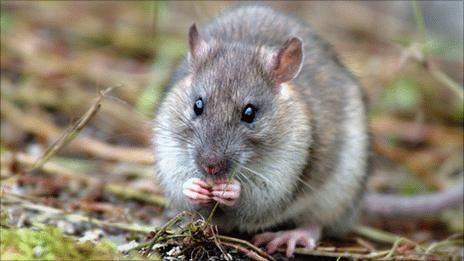Final phase of South Georgia rat eradication project
- Published
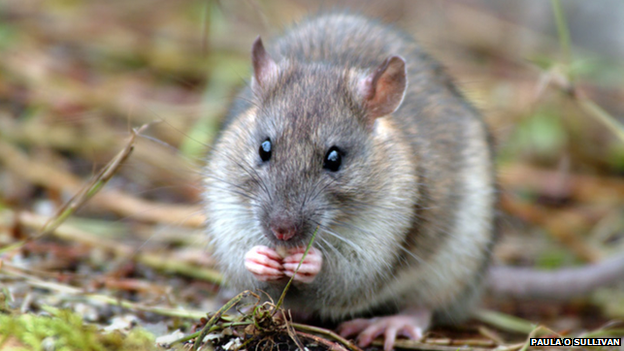
Rats and mice brought to the island on whaling ships pose a danger to indigenous bird species
A Scottish charity is gearing up for the final phase of a £7.5m project to eradicate invasive rats and mice from a sub-Antarctic island.
An 18-strong team led by the Dundee-based South Georgia Heritage Trust will set off for the British Overseas Territory in January.
They will spend three months laying out 95 tonnes of poisoned bait.
The work is part of a five-year project to eradicate rodents threatening wildlife at the seabird sanctuary.
South Georgia is one of the world's most important breeding sites for birds including penguins, albatrosses, and unique species like the South Georgia Pintail and South Georgia Pipit.
Rats and mice which arrived on whaling and sealing ships have endangered the local bird population since Captain Cook discovered and named the island in 1775.
.jpg)
South Georgia is home to several unique bird species including the South Georgia Pintail
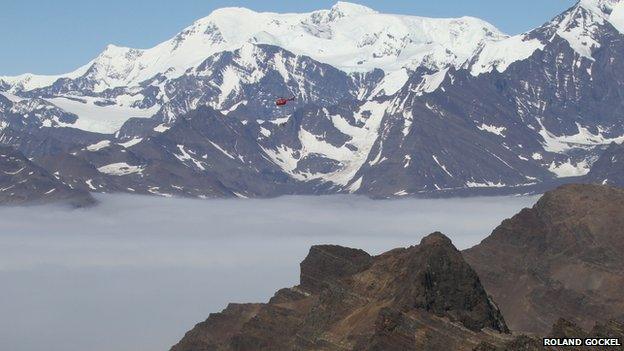
Three helicopters will be used to drop bait across the island
The rodents prey on nests, eating the eggs and chicks of many native birds, and spread right across the island partly due to glaciers, which previously held them in check, receding.
An international effort known as the Habitat Restoration Project is being led from Dundee, but has support from groups in Norway and the United States.
The bait used to tackle the rats was manufactured in Wisconsin, USA, and the three pilots who fly the project's helicopters are from New Zealand.
A successful test run was completed in March 2011, and the second phase of the project in 2013 succeeded in removing invasive rodents from almost two-thirds of South Georgia.
In the final phase, "Team Rat" will use three helicopters to spread 95 tonnes of bait across an area of 364 square kilometres (140 square miles) to finish off the rats.
The helicopters, all former air ambulances, will be in the air for almost 450 hours, distributing 260 bait pods from seven or eight forward bases to be established on the island.
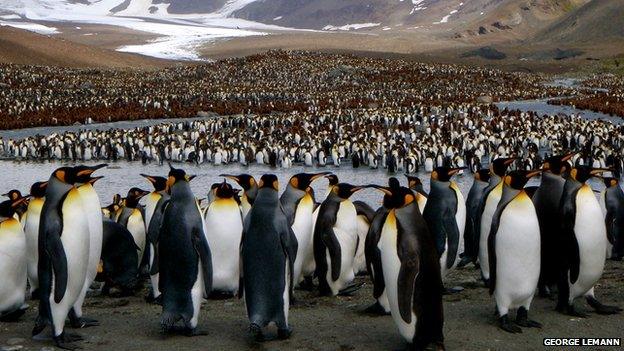
South Georgia's abundant wildlife includes four species of penguin who nest on the island
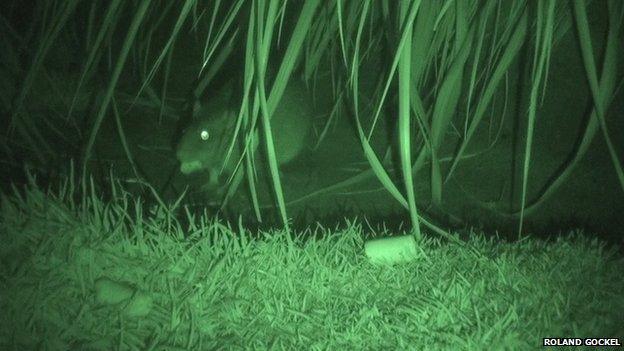
The bait has already been used to eradicate rats from two-thirds of the island
Project director Prof Tony Martin, from the University of Dundee, will lead the 18-strong team when they set off from the Falklands aboard the RRS Ernest Shackleton in the New Year.
He said: "Once you have experienced the magic of this extraordinary wildlife wilderness, you cannot ignore the fragility of this unique environment and the challenges it faces.
"It is a man-made problem, but we have a solution in our grasp."
With 65% of the island already baited, the South Georgia Heritage Trust said the operation was already five times larger than any other rodent eradication area ever tackled worldwide.
After the final baiting, which takes place during the island's brief sub-Antarctic summer, the South Georgia government and the Heritage Trust will monitor the island for two years for any sign of mice or rats.
If the operation is successful, the island could be rodent-free for the first time in more than 200 years.
- Published4 July 2013
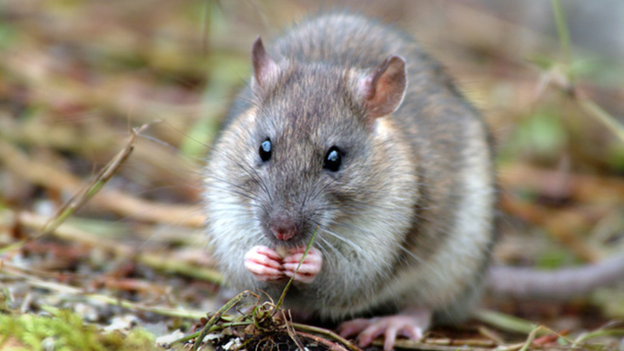
- Published5 May 2011
